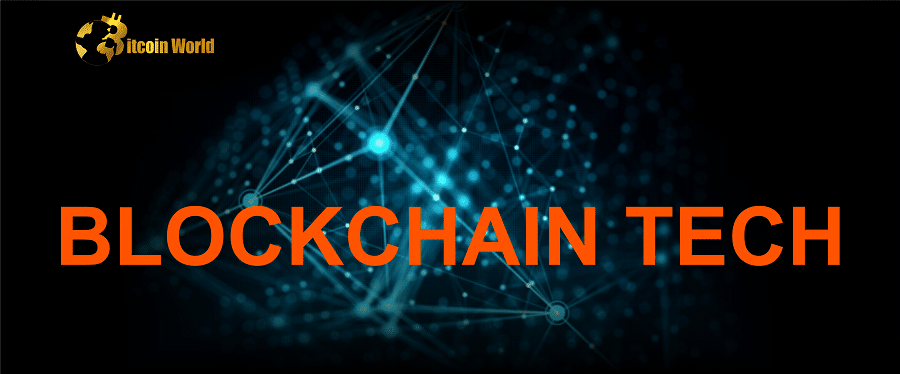Smaller-scale esports organizations have begun to use blockchain technology to distribute prize pools, but the technology has yet to be adopted by large event organizers.
Small esports event organizers have begun to experiment with blockchain technology in order to run tournaments and disburse prize pools. However, don’t expect to see it in the major leagues very soon, according to one investor.
Esports, often known as electronic sports, is a type of organized competition involving video games. Players, sometimes known as esports athletes, typically compete for cash prizes either alone or as part of a team.
According to Dave Harris, managing director of esports investment firm Guinevere Capital, blockchain is now being employed in amateur gaming events.
However, he believes that it would take more time before major titles and professional tournaments contemplate implementing the technology.
“There are absolutely many locations where this technology can or is being utilized in esports, but broad acceptance into mainstream titles and tournaments will take time, and as usual, the large game publishers are the kingmakers,” he added.
According to Ivy Fung, general manager of the Esports Players League (ESPL), blockchain technology is a good fit for dispersing prize pools.
The Singapore-based startup provides a blockchain-powered platform that distributes prize money directly into winners’ digital wallets using digital assets such as nonfungible tokens (NFTs) and crypto tokens.
According to Fung, the usage of blockchain simplifies prize pool distribution by avoiding restrictions such as cross-border transfer fees levied by traditional banks.
“When it comes to a global tournament, you need an efficient means to disperse the prize pool so you don’t have to wait for the winner to provide us their bank account and then verify and all that.”
However, the awards are nowhere like those of major esports championships, which may be worth millions of dollars.
Harris believes that blockchain and Web3 will play an important role in esports, but that future advances will need to go beyond the box to truly capture popular interest.
“There may be more efficient ways to use this technology to track and present outcomes,” he says.
“I believe there is a potential for the industry in a paradigm that allows user-generated material to be monetized and income to be equitably divided between all stakeholders,” he said.
Crypto has a love-hate relationship with gamers, especially when it comes to NFTs.
Traditional gamers were not fans of cryptocurrencies or NFTs, according to a Coda Labs October poll, with ratings of 4.5 and 4.3 out of 10.
Last year, Ubisoft Entertainment was chastised for its NFT project Quartz, prompting the business to backtrack on ambitions to integrate NFTs into its games.
Despite this, Harris believes that the technology will eventually help gamers, stating:
“In principle, ‘actually owning’ in-game items and potentially being able to transfer them to other games or environments is a good proposition for gamers.”
“The real technology will be used more and more in the future, but I think there is now skepticism and in some cases opposition from the community where the tech to date has frequently materialized in what they regard as over-commercialization or get-rich-quick scams,” he said.
“I believe there is a learning curve,” Fung added.
“There will surely be those who go against it, but as long as we can demonstrate them the benefits of utilizing this method, I think they will accept it sooner or later. This will become the norm. “Everyone will use it,” she continued.
According to research given by Exploding Topics, the overall market value of the esports business is expected to reach $1.62 billion in 2024.














